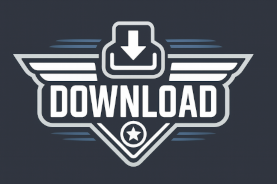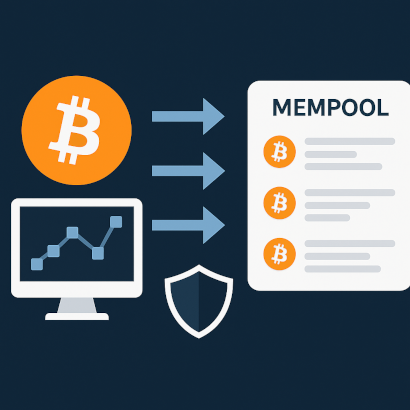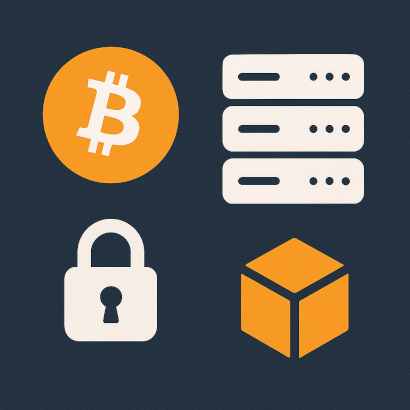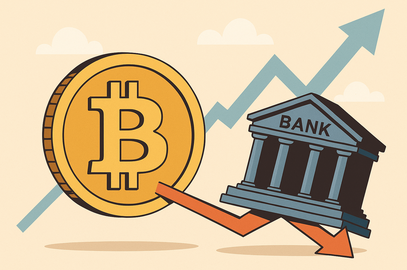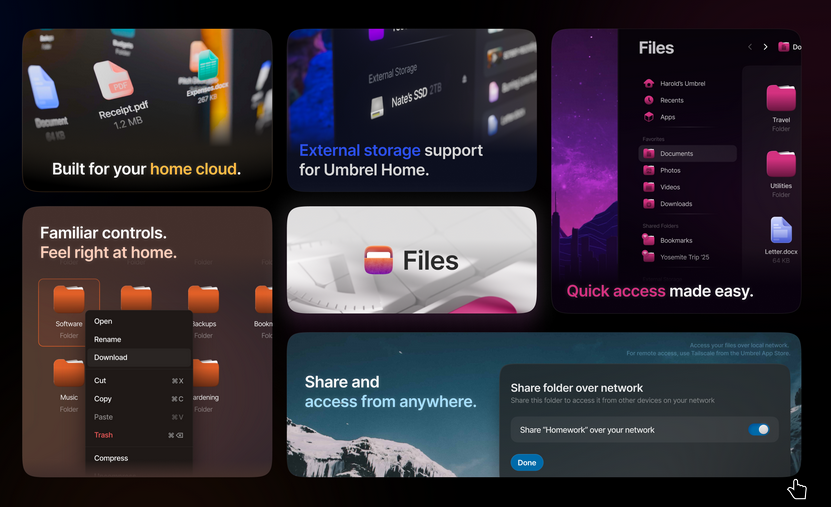
💡 Fast, secure, and simple: That’s the best way to describe the Phoenix Wallet.
This app makes paying with Bitcoin as easy as paying with a regular mobile app — whether it’s for a coffee, lunch, or an online purchase.
In this article, you’ll learn what makes Phoenix special, why it’s perfect for instant Bitcoin payments, and why it’s better suited for everyday use than the well-known Electrum app.
🔥 What Is the Phoenix Wallet?
The Phoenix Wallet is a Bitcoin app for Android, developed by the French company ACINQ, one of the leading contributors to the Lightning Network.
The Lightning Network is an additional layer built on top of Bitcoin that allows instant, low-fee transactions. Instead of waiting minutes for a confirmation, payments are completed in just a few seconds.
What makes Phoenix stand out:
You don’t need to deal with technical setup, complicated terms, or your own Bitcoin node.
The app handles everything for you — and you still stay in full control of your money.
⚡ Why Phoenix Is Perfect for Fast Payments
Many Bitcoin wallets are complicated or made for experienced users. Phoenix, however, is designed so that anyone can use it right away.
Here’s why Phoenix is so convenient:
✅ Automatic Channel Management
Phoenix automatically handles all the technical details in the background, like opening or managing payment channels. You don’t have to worry about any of that.
✅ Instant Lightning Payments
Payments are usually confirmed instantly, making it perfect for small, everyday purchases — in stores, restaurants, or online.
✅ Simple and Clean Interface
The design is intuitive. You can easily see your Bitcoin balance and recent transactions at a glance.
✅ Transparent Fees
Phoenix clearly shows when a small fee applies (for example, when opening a new payment channel). There are no hidden costs.
🔒 Security: How Phoenix Protects Your Bitcoin
Security is a big concern for new Bitcoin users — and rightly so! The good news is that Phoenix is built to keep your funds safe and under your full control.
Here’s how:
🔐 You Control Your Money
Phoenix is a non-custodial wallet, which means your Bitcoin is stored only on your device, not on a company server. Only you have access to it.
📱 Strong Encryption
All sensitive data is encrypted directly on your phone. Even if someone finds your device, they can’t access your Bitcoin without your secret recovery phrase.
☁️ Easy Recovery
When you set up the wallet, you get a 12-word recovery phrase. With it, you can restore your wallet anytime — for example, if you lose or replace your phone.
🧩 Trusted Developer
Phoenix is developed by ACINQ, one of the key companies behind the Lightning Network. The app is open to community review and regularly updated for security and reliability (OpenSource).
⚙️ Phoenix Wallet vs. Electrum – Which Is Better for Everyday Use?
The Electrum Wallet is one of the oldest and most respected Bitcoin wallets. It’s very powerful — but also quite technical. For beginners, it can feel overwhelming.
Phoenix, on the other hand, is made for simplicity and daily Bitcoin payments.
| Feature | Phoenix Wallet | Electrum |
|---|---|---|
| Lightning Payments | Fully integrated and automatic | Optional, requires setup |
| Ease of Use | ✅ Very beginner-friendly | ❌ Designed for advanced users |
| Speed | Instant (Lightning) | Slower (On-chain) |
| Security | Non-custodial and encrypted | Non-custodial but complex |
| Best Use Case | Everyday mobile payments | Long-term storage, desktop use |
👉 In short:
- Electrum is great for long-term Bitcoin storage or advanced users.
- Phoenix is ideal if you want to use Bitcoin for everyday payments — quick, easy, and safe.
💬 Conclusion: Phoenix Makes Bitcoin Easy
The Phoenix Wallet is the perfect choice for anyone who wants to actually use Bitcoin — not just hold it.
You don’t need to be a tech expert or understand the details of the Lightning Network.
Phoenix makes Bitcoin as easy as paying with your phone, while keeping your funds secure and decentralized.
⚡ If you’re looking for a fast, trustworthy, and beginner-friendly Bitcoin app, Phoenix is the one to try.
Download:



